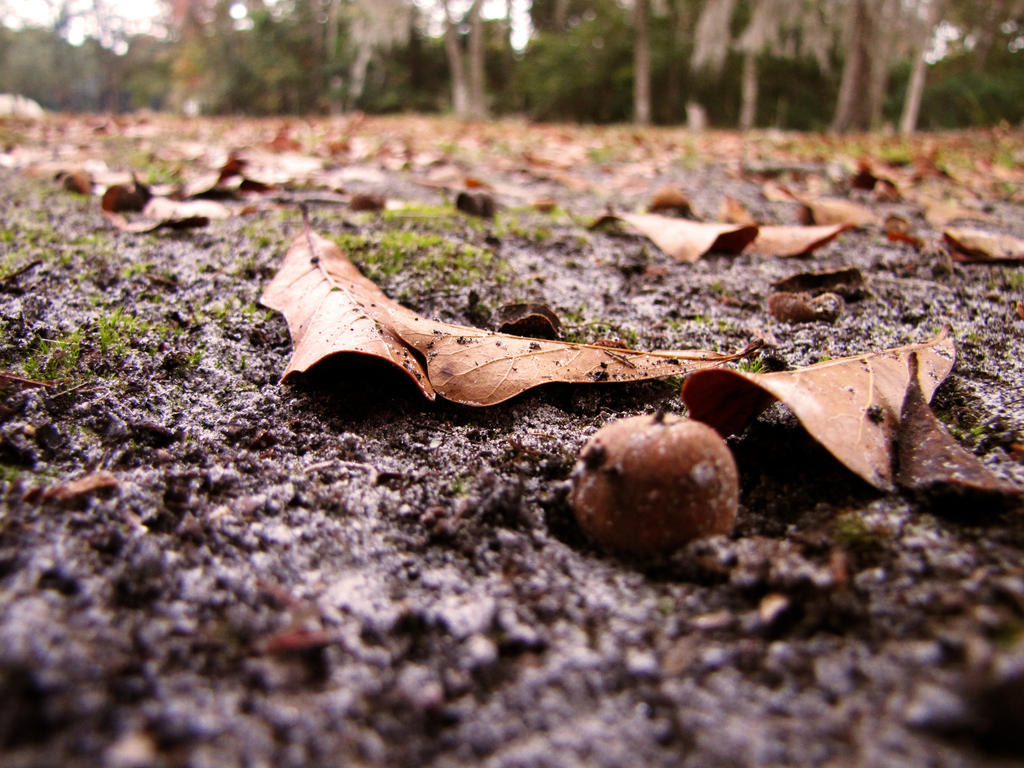Higher humidity
Although rain is desirable in dry weather and good for many plants, we still live in England, where there is always more moisture than necessary, and this can cause problems in your garden. If you have concerns about too much humidity in your garden, contact your local professional gardener for accurate advice and proper help on what to do to deal with it. Some simple rules can help prevent problems due to high humidity:
Avoid walking on wet garden soil, especially between rows of plants.
This will thicken the soil and limit the growth of flower roots. You can build a path to access your garden beds so that you do not step directly on the ground.
Construction of a raised bed with compost, peat, and perlite mixture (1: 1: 1), for new plantings.
In this way, you will save flowers that are very sensitive to excess moisture, which can otherwise be susceptible to root rot infection. Symptoms include stunted growth, wilting, and yellowing of the leaves.
If your garden bed is in a low-lying area, you can place a barrier on the slope to divert water, as well as build a trench to drain excess water from the garden bed.
Observe your plants for signs of infection.
Such signs include leaf spots or white powdery spores on the upper or lower surface of the leaves. Remove infected leaves immediately.
Timely application of preventive fungicide.
This is crucial to minimize the spread of fungal diseases on flowers.
Scrape the excess mulch around the base of the plants.
It is good to keep the mulch mulch at a maximum of 1-2 inches deep to prevent soil erosion during the wettest periods. Excess mulch can retain soil moisture and cause root rot infection.
Mind the slugs
They like to shelter in wet areas, so it is best to remove any of their hiding places such as wooden boards, flat stones, or large sawdust in the garden areas.
Grow plants that use moisture
You can create a kind of tree canopy using shrubs and trees, which will change the amount of water that will fall to the ground. Some tree species, such as willow, vigorously absorb water with their roots.
Grow plants that love moisture
Another good option is to plant plants that grow naturally in humidity. By growing plants that love moisture, you turn your water problem into an important and positive benefit for your garden.


